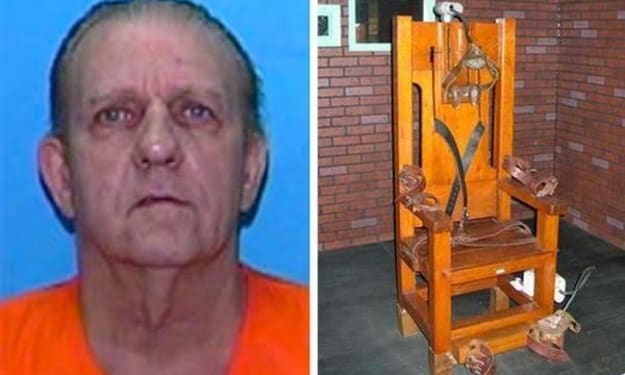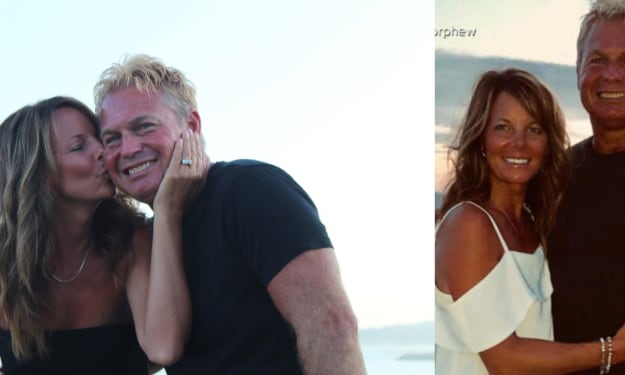Ricky Jackson's Wrongful Conviction
Ricky Jackson, wrongfully convicted in 1975 for murder with two co-defendants, spent nearly 40 years behind bars.

Ricky Jackson's story is a testament to the power of perseverance, justice, and the human spirit. Born on March 11, 1957, in Cleveland, Ohio, Jackson's life took an unexpected turn in 1975 when he was wrongfully convicted of murder along with two co-defendants, Wiley and Ronnie Bridgeman (now known as Kwame Ajamu). The case not only showcased the flaws in the criminal justice system but also highlighted the incredible strength individuals can exhibit when faced with adversity.
In 1975, Jackson, Wiley Bridgeman, and Ronnie Bridgeman were accused of the murder of Harold Franks, a businessman in Cleveland. The main evidence against them was the testimony of a 12-year-old eyewitness who later recanted, stating that he had been coerced by the police. Despite this recantation, the three were found guilty and sentenced to death in a trial that lasted only a few hours. The lack of concrete evidence and the questionable reliability of the witness's testimony raised concerns about the validity of the conviction from the outset.
For decades, Jackson, Wiley, and Ronnie maintained their innocence, even as they faced the harsh realities of life on death row. In 1978, their death sentences were commuted to life in prison due to a change in Ohio's death penalty laws. Over the years, their case garnered attention from activists, legal experts, and journalists who recognized the glaring injustices that had occurred. Despite the uphill battle, the three men and their supporters continued their fight for justice.
The turning point came in 2011, when the witness who had testified against them admitted that he had fabricated his statement and had been coerced by the police. This revelation reignited interest in the case and led to a series of legal proceedings aimed at exonerating Jackson, Wiley, and Ronnie. The Ohio Innocence Project and other legal organizations played a pivotal role in uncovering new evidence that further undermined the credibility of the original conviction.
In 2014, after spending nearly four decades behind bars for a crime they did not commit, Jackson, Wiley, and Ronnie were finally exonerated and released from prison. Their remarkable journey from being wrongfully convicted to walking free showcased the power of resilience and the importance of fighting for justice. The case also underscored the systemic issues within the criminal justice system, including coerced confessions, unreliable eyewitness testimony, and a rush to judgment.
Following their release, Jackson, Wiley, and Ronnie faced the challenging task of rebuilding their lives. While they had lost decades to wrongful imprisonment, they also demonstrated an unwavering commitment to advocating for criminal justice reform and helping others who were wrongfully convicted. Their voices became powerful tools for change as they shared their experiences and shed light on the flaws in the legal system.
Ricky Jackson's story serves as a reminder that the pursuit of justice is an ongoing endeavor that requires dedication, persistence, and a collective effort. His resilience in the face of adversity, along with the support of activists and legal experts, ultimately led to the exposure of a grave miscarriage of justice. His case contributed to a broader conversation about the need for reforms that prevent wrongful convictions and ensure fair trials for all.
In conclusion, Ricky Jackson's journey from wrongful conviction to exoneration exemplifies the triumph of justice over injustice. His story highlights the crucial role of advocacy, legal diligence, and the power of truth in rectifying systemic failures. By sharing his experience, Jackson continues to inspire change and spark discussions about the flaws within the criminal justice system. As society reflects on his story, it underscores the imperative of preventing future wrongful convictions and reaffirms the importance of upholding the principles of fairness and equity for all.





Comments
There are no comments for this story
Be the first to respond and start the conversation.